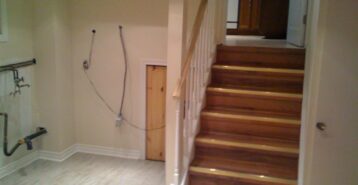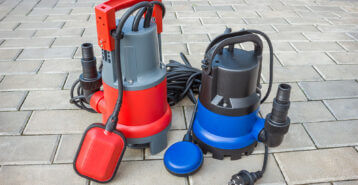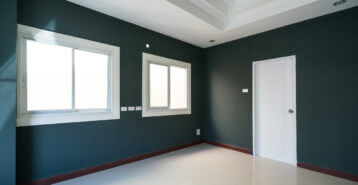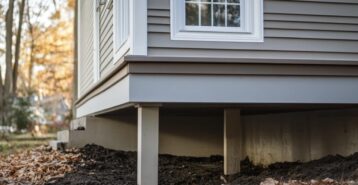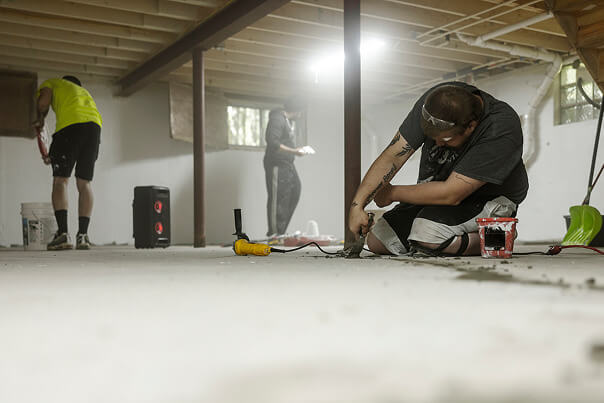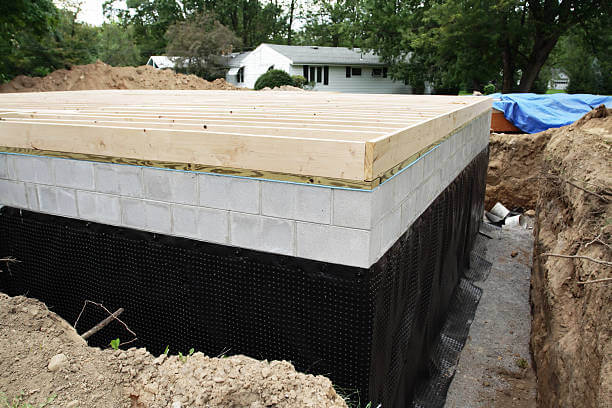What Are the Health Risks of a Damp Basement?
A damp basement is more than just an inconvenience — it’s a potential health hazard. Excess moisture creates the perfect environment for mold, mildew, and bacteria to thrive, affecting your indoor air quality and your family’s health.
In this guide, you’ll learn about the health risks of a damp basement, how to recognize warning signs, and the steps you can take to keep your home dry and healthy.
What Causes a Damp Basement?
Basement dampness usually develops when water seeps into the foundation or humidity builds up over time. Common causes include:
- Poor exterior drainage or improper grading
- Cracks in basement walls or floors
- Leaky window wells or plumbing
- High groundwater levels after heavy rain
- Inadequate ventilation and insulation
Even small amounts of moisture can trigger long-term problems. Addressing these issues early helps prevent structural damage and reduces health risks.
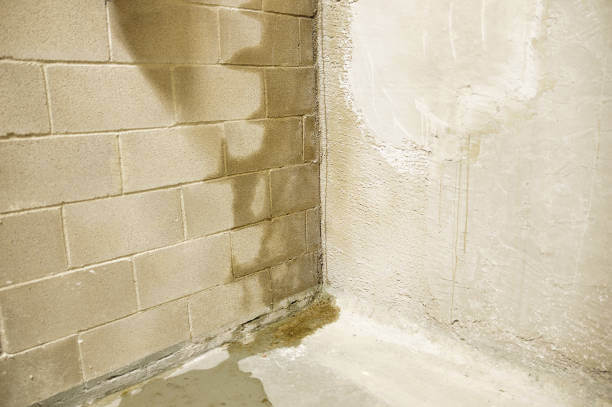
How Does a Damp Basement Affect Your Health?
When moisture builds up in your basement, it doesn’t stay contained — it impacts the air throughout your home. Damp environments promote mold growth, attract allergens like dust mites, and lower overall air quality, creating potential health risks for everyone in the household.
Mold and Mildew Growth
Moisture provides the ideal breeding ground for mold and mildew. These fungi release airborne spores that can spread through your HVAC system and circulate throughout your home. The most concerning variety of mold, black mold (Stachybotrys chartarum), produces mycotoxins that may cause serious health problems.
Health impacts may include:
- Allergic reactions such as sneezing, red eyes, or skin irritation
- Asthma attacks and difficulty breathing
- Persistent coughing or sinus congestion
- Headaches, fatigue, or memory issues from mycotoxin exposure
Poor Indoor Air Quality
High humidity levels (above 60%) can trap pollutants and musty odors, leading to stale or heavy air. This can aggravate respiratory conditions such as asthma, bronchitis, and COPD. Even in homes without visible mold, damp air can still harbor invisible spores and bacteria.
Dust Mites, Pests, and Bacteria
Damp basements attract microscopic dust mites and pests that thrive in humid conditions. These organisms can worsen allergies and skin sensitivities, particularly in children and older adults.
Common symptoms include:
- Nasal congestion and sneezing
- Itchy, watery eyes
- Coughing or wheezing
Structural Deterioration and Secondary Risks
Moisture doesn’t just affect your health; it weakens your home’s structural integrity. Water can cause wood rot, foundation cracks, or corrosion on metal fixtures, creating additional safety hazards like electrical shorts or slipping risks. Over time, these issues compromise your home’s stability and resale value.
» Learn about the warning signs of foundation issues and the cost to repair a foundation.
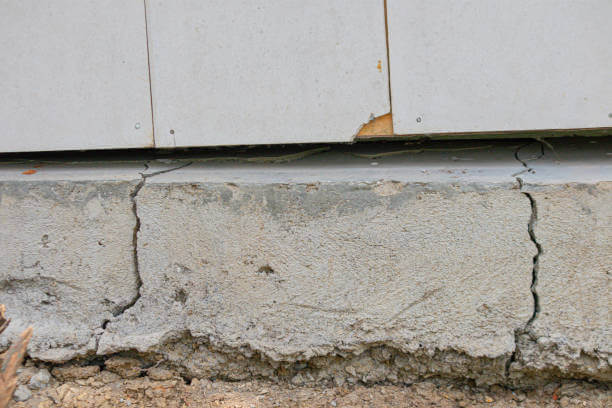
Signs That Moisture Is Affecting Your Health
Wondering if your basement moisture is taking a toll on your health? Here are some warning signs to watch for:
- Persistent musty or earthy odors indoors
- Worsening allergy or asthma symptoms at home
- Fatigue or headaches after spending time in the basement
- Visible damp spots, condensation, or mold patches
- Peeling paint or bubbling drywall in basement areas
» See our guide on the signs you need basement waterproofing.
How to Eliminate Dampness and Protect Your Health
The best way to prevent health risks from basement moisture is to address the source of the problem. A dry basement keeps both your home and family safe.
Control Humidity Levels
Use a dehumidifier to maintain optimal humidity below 60%. Improve airflow with fans or vents, and avoid storing items directly against the basement walls.
Waterproof Your Basement
Invest in long-term waterproofing solutions to stop leaks and moisture infiltration:
- Apply waterproof sealants to the basement walls and floors
- Install a sump pump to remove excess groundwater
- Ensure gutters and downspouts direct water at least five feet from the foundation
Schedule Regular Inspections
Have a licensed contractor inspect your basement for leaks, foundation cracks, or high moisture levels at least once a year. Early detection prevents minor problems from turning into health hazards.
Keep Your Basement and Family Healthy
A damp basement can quietly affect your health, air quality, and home value. By tackling moisture problems early, you can create a safer, cleaner, and more comfortable living environment. Modernize connects homeowners with trusted local waterproofing experts who can diagnose the cause of basement dampness and recommend lasting solutions.
See what your basement waterproofing project will cost — request no-obligation quotes today.
Compare top-rated foundations pros in your area.
Read real homeowner reviews, explore qualifications, and view promotions. Modernize makes it easy to browse professionals and find one that will be perfect for your project.



